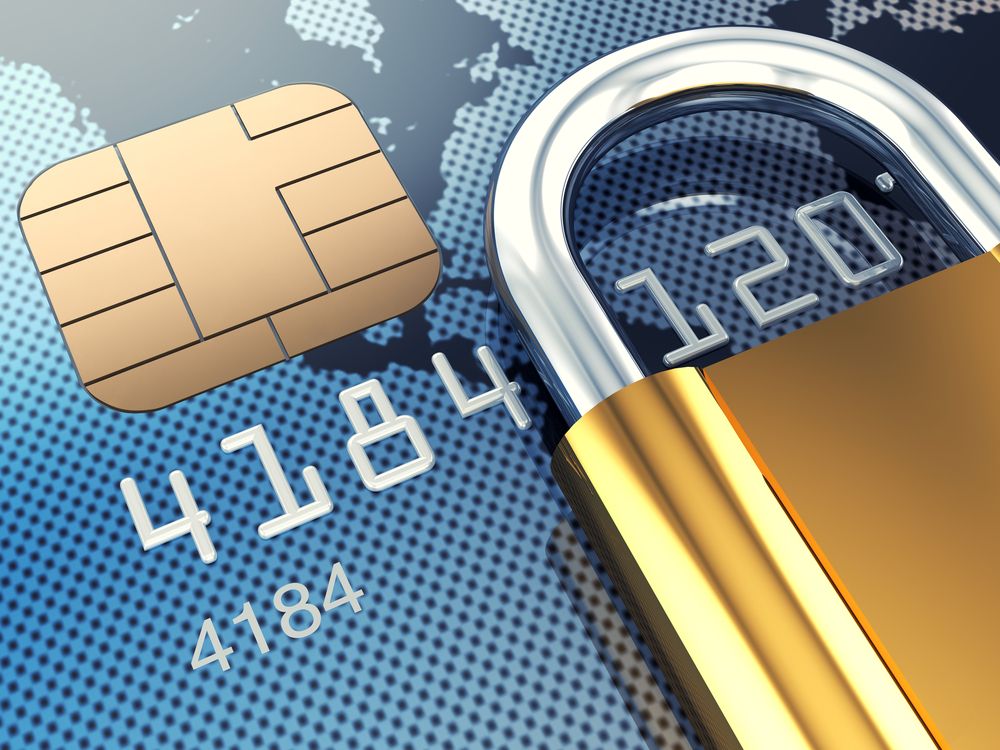
In the digital age, the convenience of online shopping, banking, and transactions has become a staple of everyday life. But with this ease also comes a significant risk to our financial security. Credit card fraud and identity theft are no longer rare occurrences—they are daily realities for many. Beyond the basic advice of keeping your credit card information private and checking your statements regularly, there’s a whole world of strategies you can employ to further safeguard your digital identity. In this article, we will dive deep into some of the more advanced methods to protect your credit card information and overall digital presence, ensuring that you stay one step ahead of the fraudsters.
Understanding the Digital Threat Landscape
Before we can effectively protect ourselves, we must understand the threats we’re up against. Cybercriminals have become incredibly sophisticated, using a multitude of tactics to access personal information. Phishing attempts, where scammers send emails or texts pretending to be reputable companies to trick you into giving out personal information, are becoming increasingly difficult to spot. Then there’s skimming and shimming, where devices are secretly installed on ATMs and card readers to capture your card details. Additionally, hackers can breach corporate databases to steal credit card information en masse.
The digital threat landscape is constantly evolving, and your security measures must evolve with it. Regularly updating passwords, avoiding predictable patterns, and using a mix of characters can help make your accounts more secure. Employ multi-factor authentication where possible, and be vigilant about where and how you share your credit card information. Remember, the goal is not just to protect your card but to secure the entirety of your digital identity.
The Role of Strong Passwords and Password Managers
One of the simplest yet most effective lines of defense in protecting your digital identity is the use of strong passwords. A strong password is typically long, complex, and unique, incorporating a mix of upper and lower-case letters, numbers, and symbols. It should never include easily guessable information like birthdays, anniversaries, or common words found in the dictionary.
Remembering a multitude of strong passwords can be a daunting task, which is where password managers come into play. These secure applications store and encrypt all your passwords, allowing you to access them with one master password. They can also generate strong passwords for you, ensuring that each of your accounts has its own unique protection. With a password manager, the risk of using the same password across multiple sites (a significant security faux pas) is eliminated, greatly reducing the potential impact of any single data breach.
Advanced Fraud Monitoring and Alert Systems
Most banks and credit card issuaries now offer some form of fraud monitoring service, which tracks your account for unusual activity and alerts you to potential fraud. However, you can take this a step further with advanced monitoring services. These services keep an eye on a wider range of data points, including your credit report, public records, and even the dark web, where stolen information is often traded.
By signing up for credit monitoring and identity theft protection services, you ensure that you’re informed of any suspicious activity as soon as it occurs. This prompt notification can be the difference between a minor inconvenience and a major financial disaster. It’s also important to check your credit report regularly for any unauthorized accounts or transactions that you may not be aware of.
The Power of Credit Freezes and Fraud Alerts
If your credit card information has been compromised, or you suspect it might be at risk, consider placing a credit freeze on your credit reports. A credit freeze prevents creditors from accessing your credit report, effectively stopping anyone from opening new accounts in your name. While this won’t affect your current accounts, it’s a powerful tool in preventing new fraudulent activity.
Alternatively, if you don’t want to lock down your credit entirely, you can place a fraud alert on your reports. With a fraud alert, creditors are required to take extra steps to verify your identity before opening new accounts. This can be a good middle ground if you’re planning to apply for credit legitimately in the near future but still want to ensure you’re protected.
Leveraging Technology for Better Security
Technology has not only made it easier for criminals to access our personal information, but it has also provided us with tools to fight back. Tap into these resources to bolster your defenses. For instance, virtual credit cards can be used for online purchases, providing a unique card number that is different from your physical credit card, thus keeping your actual card details safe.
Biometric authentication, such as fingerprint and facial recognition, is becoming more widely available and adds another layer of security to your transactions. Contactless payments often use tokenization, which means your card information is replaced with a one-time code that is useless to hackers.
Additionally, mobile payment platforms like Apple Pay or Google Pay store your credit card information securely and use tokenization for transactions, so your card number is never exposed during a purchase. By embracing these technologies, you’re not only making your financial transactions more convenient but also significantly more secure.
The key to protecting your digital identity is to stay informed, vigilant, and proactive. Understanding the evolving digital threats, using strong passwords, employing advanced fraud monitoring, taking advantage of credit freezes and fraud alerts, and leveraging the latest technological advancements are all critical components of a comprehensive defense strategy. By going beyond the basics, you can create a formidable barrier between cybercriminals and your precious personal information. Remember, in the world of credit card security, complacency is the enemy; constant vigilance and adaptability are your greatest allies.
